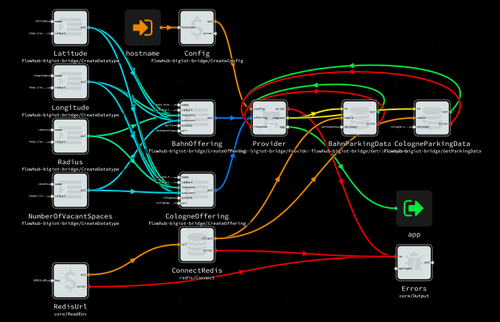
When building IoT systems, it is often useful to have access to data from the outside world to amend the information your sensors give you. For example, indoor temperature and energy usage measurements will be a lot more useful if there is information on the outside weather to correlate with.
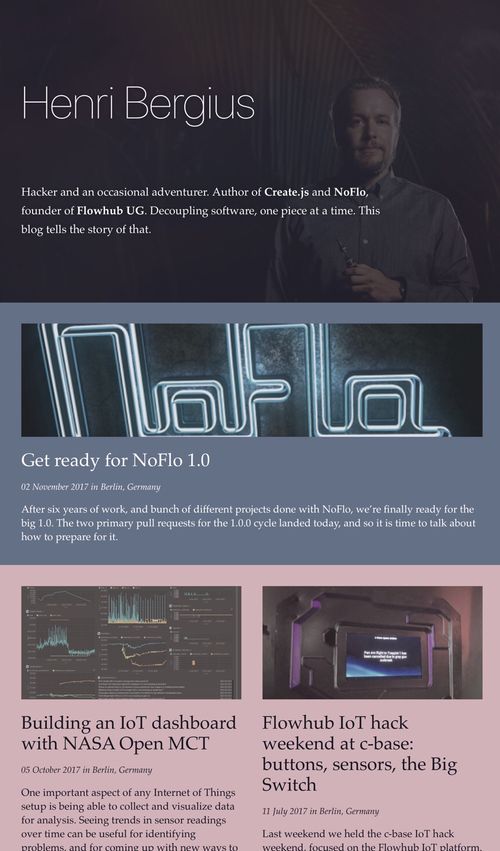
I guess every five years is a good cadence for blog redesigns. This year’s edition started as a rewrite of the technical implementation, but I ended up also updating the visuals. Here I’ll go through the design goals, and how I met them.

After six years of work, and bunch of different projects done with NoFlo, we’re finally ready for the big 1.0. The two primary pull requests for the 1.0.0 cycle landed today, and so it is time to talk about how to prepare for it.
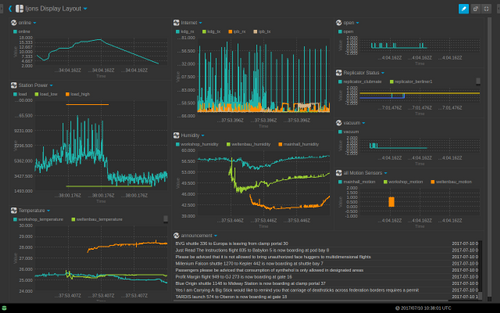
One important aspect of any Internet of Things setup is being able to collect and visualize data for analysis. Seeing trends in sensor readings over time can be useful for identifying problems, and for coming up with new ways to use the data.
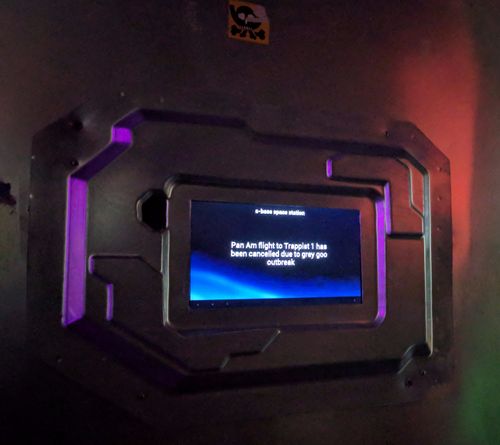
Last weekend we held the c-base IoT hack weekend, focused on the Flowhub IoT platform. This was continuation from the workshop we organized at the Bitraf makerspace a week earlier. Same tools and technologies, but slightly different focus areas.
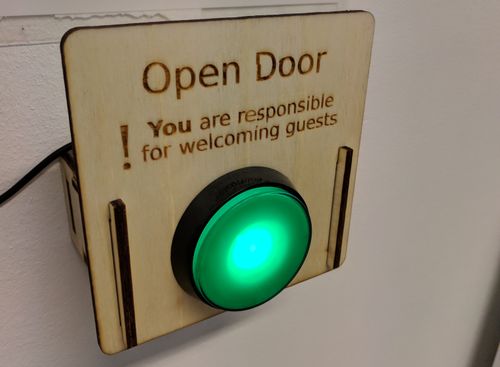
I just got back to Berlin from the Bitraf IoT hackathon we organized in Oslo, Norway. This hackathon was the first of two IoT workshops around MsgFlo and Flowhub IoT. The second will be held at c-base in Berlin this coming weekend.
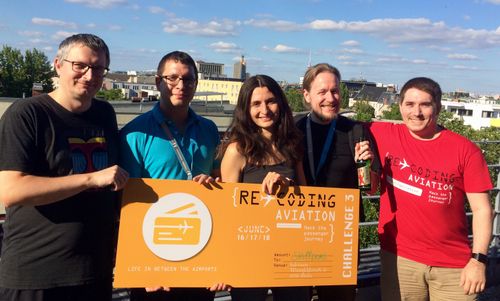
Last week I participated in two hackathons, events where a group of strangers would form a team for two or three days and build a product prototype. In the end all teams pitch their prototypes, and the best ones would be given some prizes.
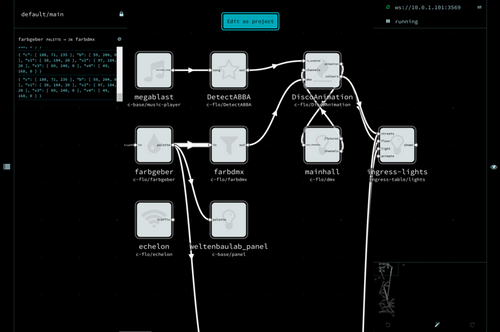
This July we’re organizing two hack weekends around MsgFlo and Flowhub:
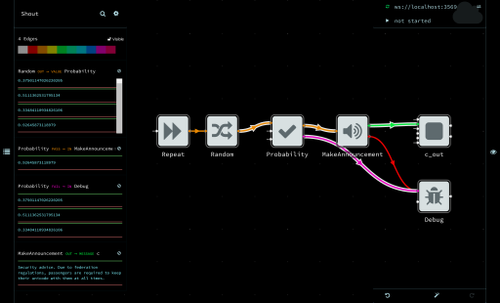
Quite a bit of time has passed since my two years of NoFlo post, and it is time to take another look at the state of the NoFlo ecosystem. To start with the basics, NoFlo is a JavaScript implementation of Flow-Based Programming:
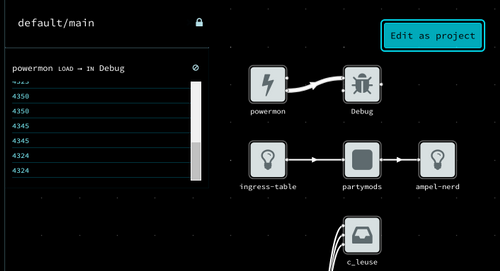
In Flowhub you can create and edit full flow-based programming projects. The live mode enables introspecting running FBP systems. This weekend we rolled out Flowhub 0.19 which makes it easy to move between these modes.









